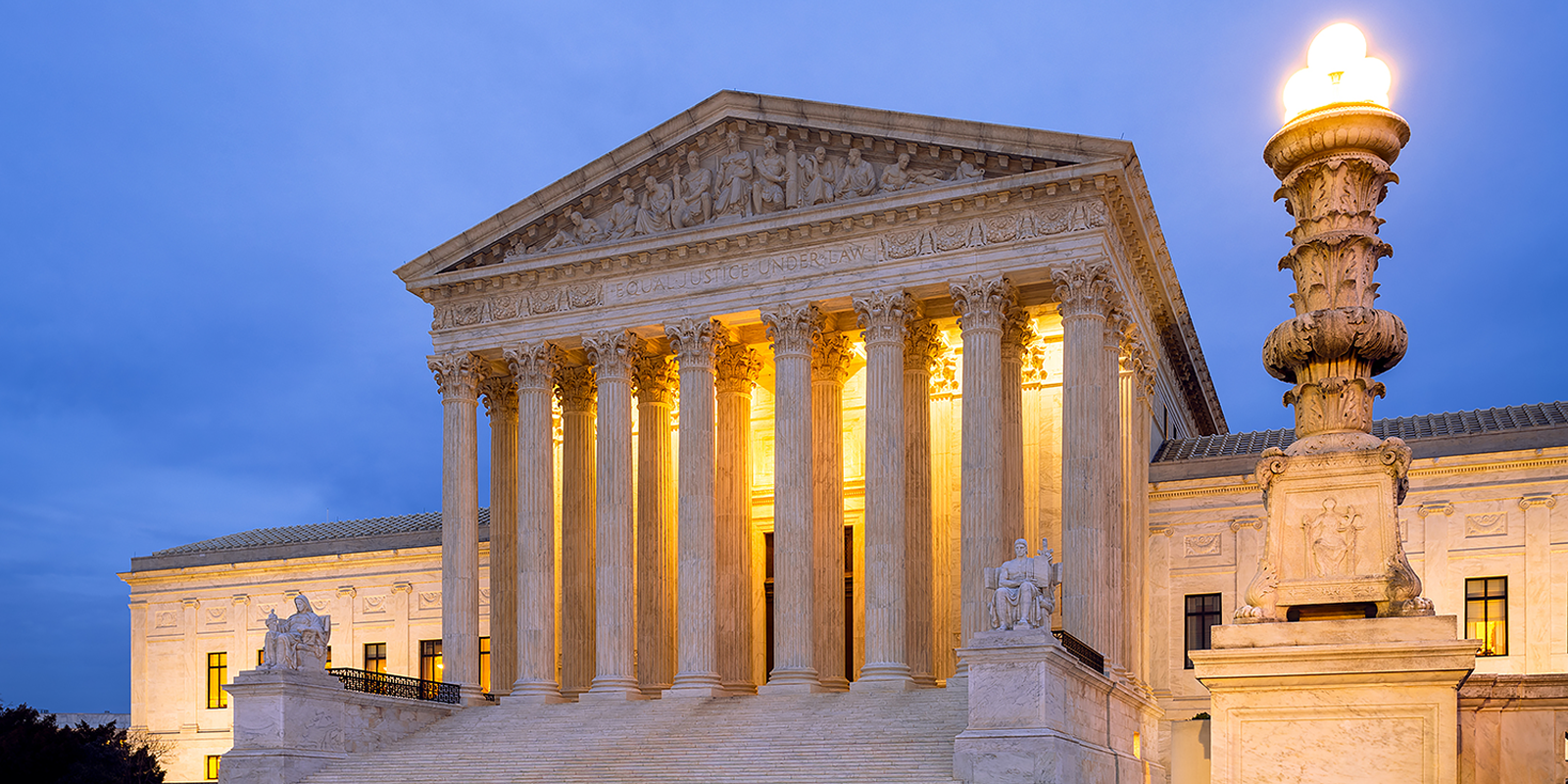The U.S. Supreme Court last week put an end to Alaska Gov. Mike Dunleavy’s political attacks against public service unions in that state, including the Alaska State Employees Association (ASEA/AFSCME Local 52).
The attacks go back to the beginning of the Dunleavy administration, which has wasted millions of dollars in public funds to interfere with the internal affairs of unions. The politically motivated attacks had sought to undermine the strength and membership of public service unions.
In spring of last year, the Alaska Supreme Court ruled that such attacks were illegal and ordered the Dunleavy administration to pay ASEA $450,000 in damages, legal fees and interest. Instead of abandoning its efforts, however, the Dunleavy administration appealed to the U.S. Supreme Court, which last week declined to take up the case, effectively handing a victory to the unions.
“This is good news for ASEA, yet we can’t help reflecting on the price Alaskans paid to reach this conclusion,” said ASEA Executive Director Heidi Drygas.
“The governor pursued a politically motivated, frivolous lawsuit to waste untold hours and more than a million dollars during one of the largest public service crises in our state’s history,” Drygas added. “Alaska’s public workforce showed up on the front lines of the pandemic to help Alaskans despite being largely short-staffed and underfunded. The governor returned the favor by seeking to undermine their rights to bargain collectively for better wages, benefits and working conditions.”
The attacks were rooted in the Dunleavy administration’s misinterpretation of the 2018 U.S. Supreme Court ruling in Janus v. AFSCME Council 31. In 2019, the Dunleavy administration required state employees who were union members “to sign a form every year saying that they were waiving certain First Amendment rights before union dues could be deducted from their paychecks.”
In a lawsuit filed by ASEA, the Alaska Supreme Court ruled that the requirement violated the collective bargaining agreement and found that the Dunleavy administration “acted with hostility” toward the union.
ASEA is the largest union of state and municipal workers in Alaska, representing more than 8,000 employees. For the benefit of the state and the many communities ASEA members serve, the Dunleavy administration would do well to abandon its political attacks for good and focus instead on attracting and retaining public service workers.
